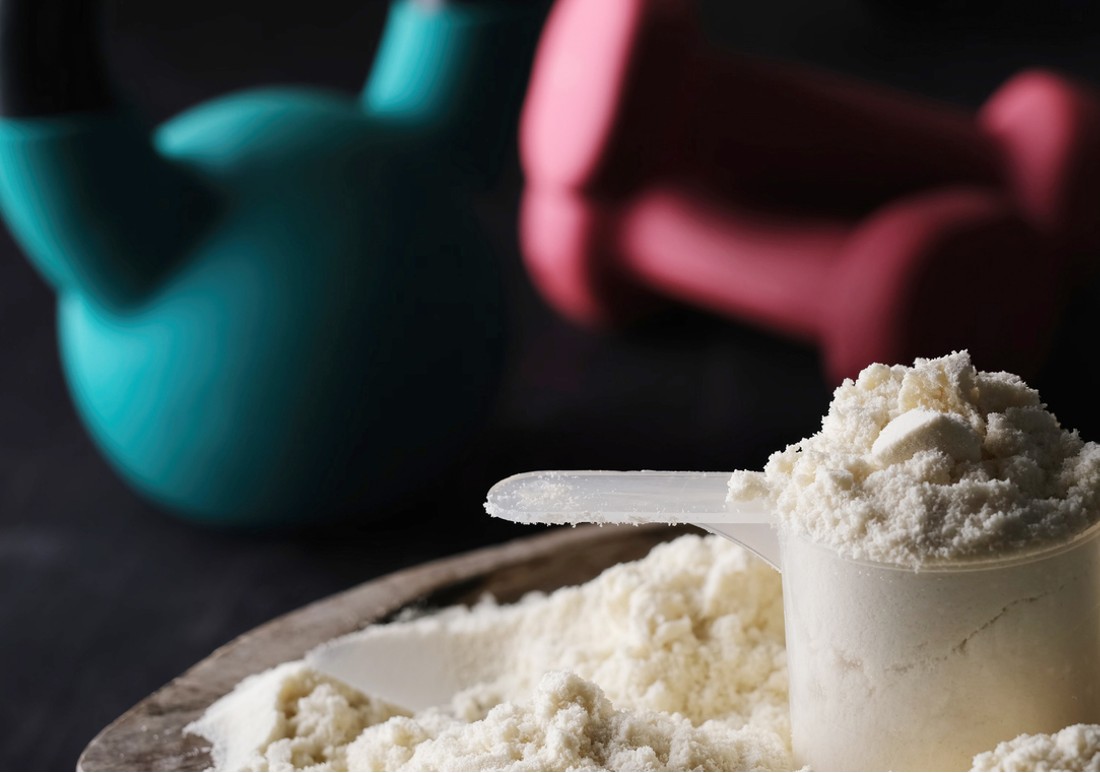Do Protein Powders Actually Work?

So, you’re considering adding protein powder to your fitness regime, or maybe you’re just curious if that scoop of powder really makes a difference. Let’s break it down simply, without any complex jargon, and figure out if protein powders are more than just hype.
The Role of Protein in Your Body
Protein isn’t just about bulking up. It plays a crucial role in repairing tissues, supporting immune function, and much more. The general guideline for protein intake, if you’re active, is about 0.7 to 1 gram of protein per pound of your lean body mass. This is especially important to consider if you’re not just a gym enthusiast but also someone trying to lose weight without losing muscle.
The Real Talk on Protein Powders
So, here’s the scoop—protein powders are essentially a convenient source of high-quality protein. They come in handy if you’re struggling to meet your daily protein requirements through food alone, particularly if you’re under caloric restrictions or if you find yourself always on the run.
Effectiveness and Efficiency
Yes, protein powders can effectively help meet your protein needs, which is crucial for muscle repair after workouts. They offer a concentrated source of protein without the added fats or carbohydrates that whole foods might bring along. This can be particularly advantageous if you’re tracking macros or if you’re in a cutting phase, trying to maintain muscle while shedding fat.
But Are They Absolutely Necessary?
Here’s the straight truth—no, they’re not essential. Whole foods can provide you with all the protein you need, complete with other nutrients that powders can’t offer. However, if you’re finding it challenging to consume enough protein due to a hectic schedule or appetite issues, protein powders can fill that gap efficiently.
Understanding Protein Needs: A Deeper Dive
If you’re looking to refine your protein intake, it’s crucial to base your protein needs on your lean mass, particularly if you’re overweight. Using your total body weight to calculate protein needs can sometimes lead you to consume more than necessary, which isn’t always more beneficial.
Maintaining Muscle vs. Building Muscle
It’s a common misconception that you can simultaneously lose fat and gain significant muscle. In reality, your body prioritizes one metabolic state over the other. For most people, especially those new to fitness, it’s more practical to focus on preserving muscle while losing fat and then shift into a muscle-building phase once you’re leaner.
Practical Protein Calculations
Here’s a more personalized approach to determining how much protein you should consume:
- Sedentary: Multiply your lean body mass (LBM) by 0.5.
- Lightly Active: LBM x 0.6.
- Active: LBM x 0.7.
- Very Active: LBM x 0.8 to 1.0.
- Athlete in Training: LBM x 1.0 to 1.5.
This method ensures you’re getting sufficient protein to support your lifestyle without overdoing it.
The Flip Side: Potential Drawbacks
It’s worth noting that excessive protein, particularly from supplements, can strain your kidneys if you have pre-existing conditions. For healthy individuals, though, high protein intake typically isn’t a concern, provided you stay hydrated. Always consult with a healthcare provider if you’re unsure about your specific needs.
Smart Use of Protein Powders
If you choose to use protein powders, here are a few tips to integrate them wisely:
- Post-Workout Recovery: Consuming protein within 30 minutes after exercise can optimize muscle repair.
- Balance Your Diet: Ensure that protein powders do not replace whole food sources in your diet. Use them to supplement your intake.
- Hydration is Key: Increasing your protein intake? Boost your water intake as well to help manage the increased load on your kidneys.
The Takeaway
Protein powders work, but they aren’t a magic solution. They’re a tool in your nutritional arsenal—great for convenience and meeting high protein needs but not a substitute for a balanced diet. Whether you’re a competitive athlete or someone trying to get more fit, protein powders can help you reach your goals, provided they’re used thoughtfully and in conjunction with a healthy diet. Always tailor your protein intake to your body’s needs, activity level, and health goals. This personalized approach will keep you on track and help ensure that your nutrition supports your lifestyle and fitness ambitions.